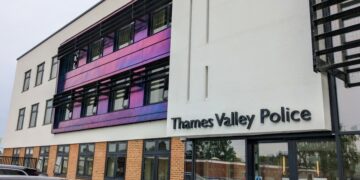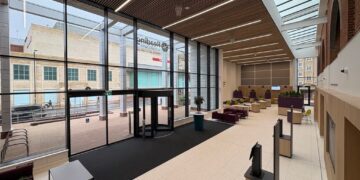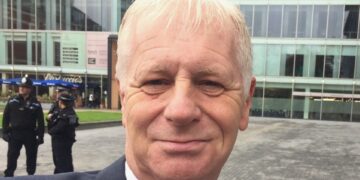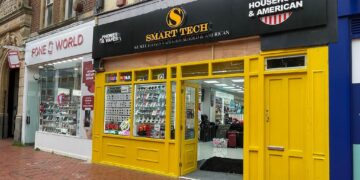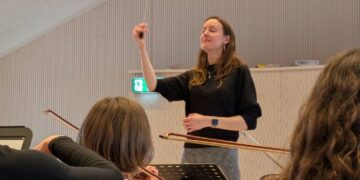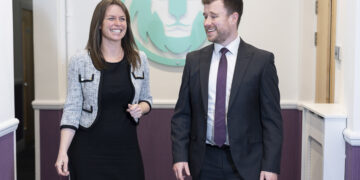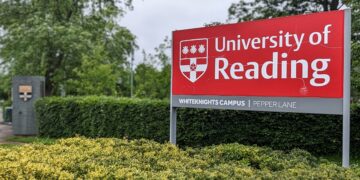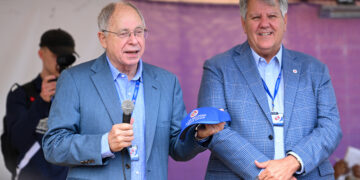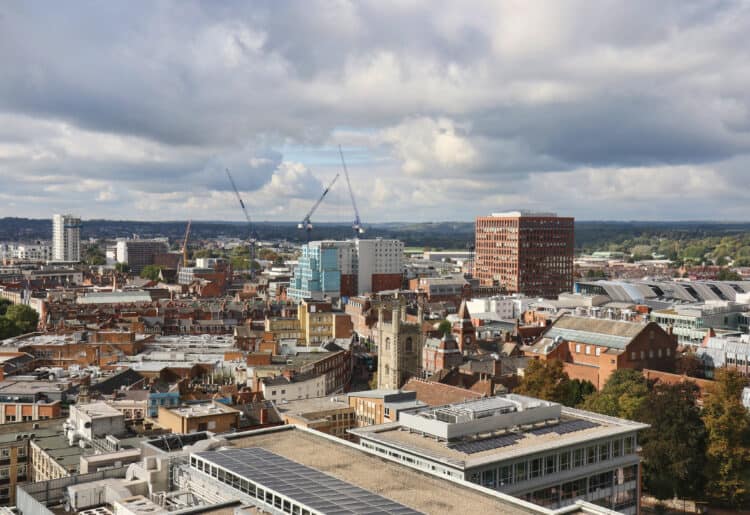By Cllr Jason Brock
At this time of year, with local elections upon us, I often find myself thinking about the things that set Reading apart from other places.
Amidst the myriad things I could list, the fundamentally unique character of our hometown boils down to the sense of community and civic pride that we have here – both of which have a character that isn’t replicated anywhere else I know.
One of the hallmarks of that particular spirit is the presence of an incredibly strong and diverse voluntary and community sector in Reading.
The importance of the work of organisations and volunteers across the town was especially clear during the height of the pandemic, and those same organisations remain key to our recovery today.
It seems extraordinary to me now that the One Reading Community Hub – a partnership between the Council and the voluntary sector – began operating just 24 hours after the announcement of the UK’s first national lockdown.
Within a week, 150 residents had received vital deliveries and prescriptions were being dropped to people at their doorstep.
By June 2020, One Reading Community Hub volunteers had delivered 1,744 food parcels, alongside support for medicine collection and befriending to combat loneliness and isolation.
That swift and decisive response was only possible because we were able to quickly link these vulnerable residents with an existing network of community and voluntary groups in Reading who were already on hand to provide direct assistance, whatever it involved.
I know a number of other places struggled to get similar initiatives off the ground so quickly. The existing voluntary sector infrastructure in Reading meant that wasn’t the case here.
We’re clearly in a very different situation with covid now, but we know that impacts will continue for years to come, especially for some individuals.
In Reading, we recently carried out an important piece of work which involved identifying some of the key themes of this unwanted legacy.
The four areas we identified were: social isolation, mental health, and emotional support; self-isolation support to target seldom heard groups; supporting carers and children and young people; and other Covid-related impacts, such as financial hardship or physical health, for example.
To help address these issues, bids were invited from voluntary sector organisations across the town for a funding pot worth £220,000.
After consideration of the themes identified, this money will now be shared across 26 voluntary sector organisations, all of whom offer different areas of skill and expertise.
As we emerge from the worst, the depth of the impact of this pandemic has become more evident. Research shows the biggest impact of covid has unsurprisingly been felt the most in some of our more deprived communities.
More generally, and although budgets remain tight everywhere in local government, we have increased our support for the sector while other Councils have cut back on theirs.
The Council’s commissioning budget for the voluntary and community sector totals £1.375 million for each of the next three years, with a variety of additional bidding opportunities for groups too.
Our small grants pot – massively oversubscribed since its inception – has doubled in size to £200,000 a year as we look to support smaller-scale, grassroots organisations across Reading.
Our amazing voluntary sector in Reading have the skills, experience, and know-how to reach and engage with those residents who most need support. We are very lucky to have them here and their efforts will be just as vital in meeting the challenges to come as they have been in the travails of the past years.
Cllr Jason Brock is leader of Reading Borough Council, and a Labour candidate for Southcote ward

